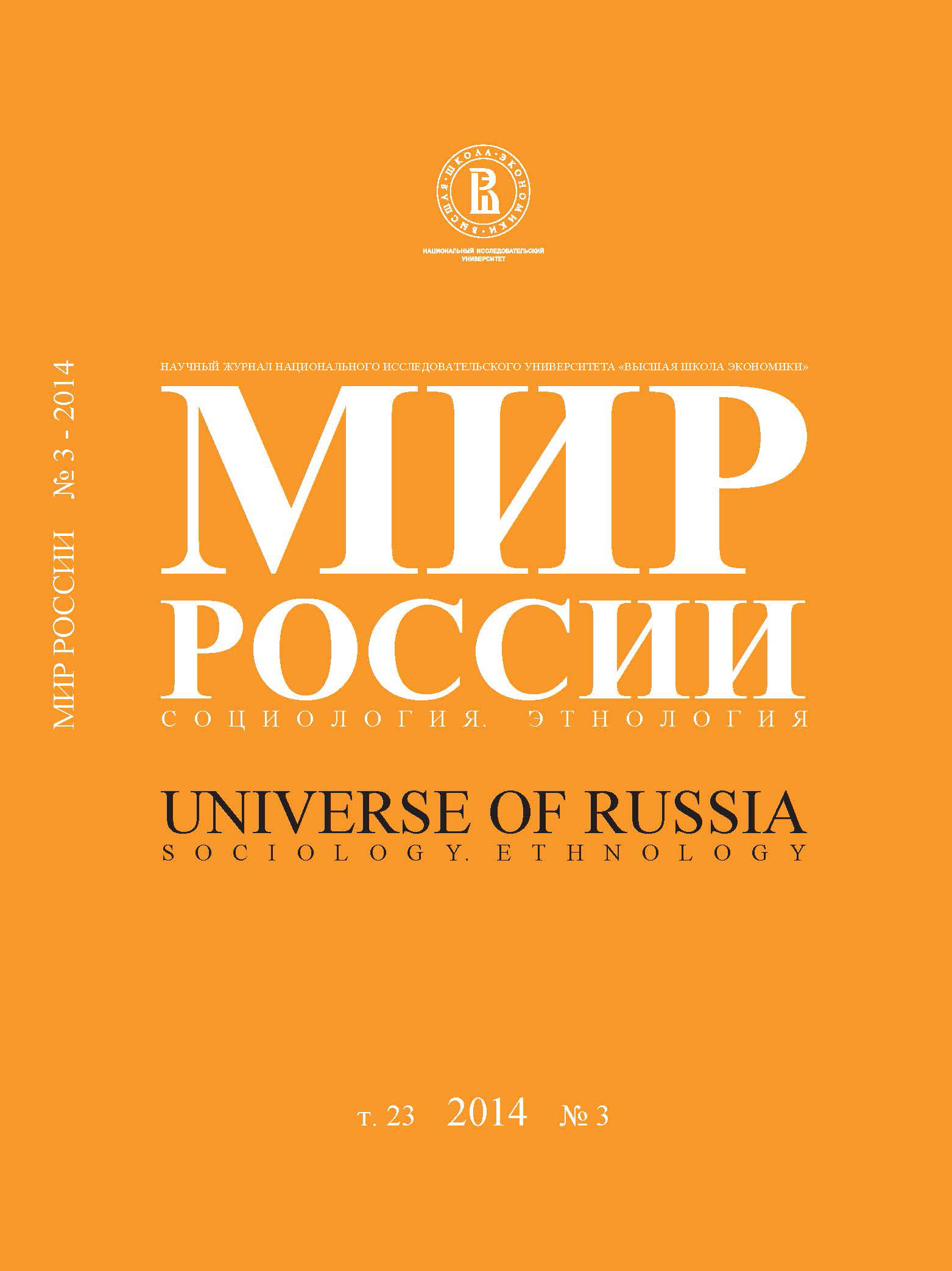Rural Development of Finland: the Interaction between State, Farmers and Scientific Knowledge (Possible Lessons for Russia)
Abstract
Alexander Nikulin — Director, Center for Agrarian Studies, Russian Presidential Academy of National Economy and Public Administration (RANEPA). Address: 82, Vernadskogo Ave., Moscow, 119571, Russian Federation. E-mail: nikulin@rane.ru
Irina Trotsuk — Deputy Director, Center for Agrarian Studies, Russian Presidential Academy of National Economy and Public Administration (RANEPA). Address: 82, Vernadskogo Ave., Moscow, 119571, Russian Federation. E-mail: irina.trotsuk@yandex.ru
This article examines the history and the current rural development in Finland through the prism of interaction between farmers, politicians and scientists. The authors suggest a historical-sociological and historical-political reconstruction of the basic features and the overall logic of Finnish rural development during the past century and a half. After a brief review of the rural history of Finland, the emphasis is made on the logic of Finnish rural development during the last two decades. The authors describe the daily participation of Finnish political and academic structures in the transformations of the rural life in Finland and in the implementation of various economic and social projects. The article identifies key features of the interdisciplinary work between Finnish agrarian scientists, farmers and politicians seeking to highlight any mistakes, and the ways to avoid or fix them for successful and sustainable rural development. For instance, the authors consider some family and economic life histories of successful and unsuccessful Finnish farmers after Finland’s accession to the EU and the growth of European and global competition in Finnish agricultural markets. The authors analyze the peculiarities of development and reproduction of social capital in the Finnish countryside through the creation of new local structures and partnership relations in local rural communities as a part of the pan-European program, LEADER.
Referring to the history of Russian rural development, the authors raise the question of how the experience of effective interaction between the worlds of politics, science and rural life in Finland can be utilized in Russia. The authors compare basic trends in development of rural cooperatives, models of local government, farmers’ activities and the state of agricultural research in Russia and Finland. This comparison reveals an apparent paradox of failures and quite modest achievements of the Russian agrarian development in the light of remarkable agrarian success of Finland. Despite the significant similarity of the countries’ natural and historical landscapes, there are deep political and economic differences between them, especially where state regulation of the city and the village interaction is considered. Russia can learn much from Finland, for instance, in how it brings together researchers, policy-makers and farmers to develop effective and balanced strategies for rural development.






